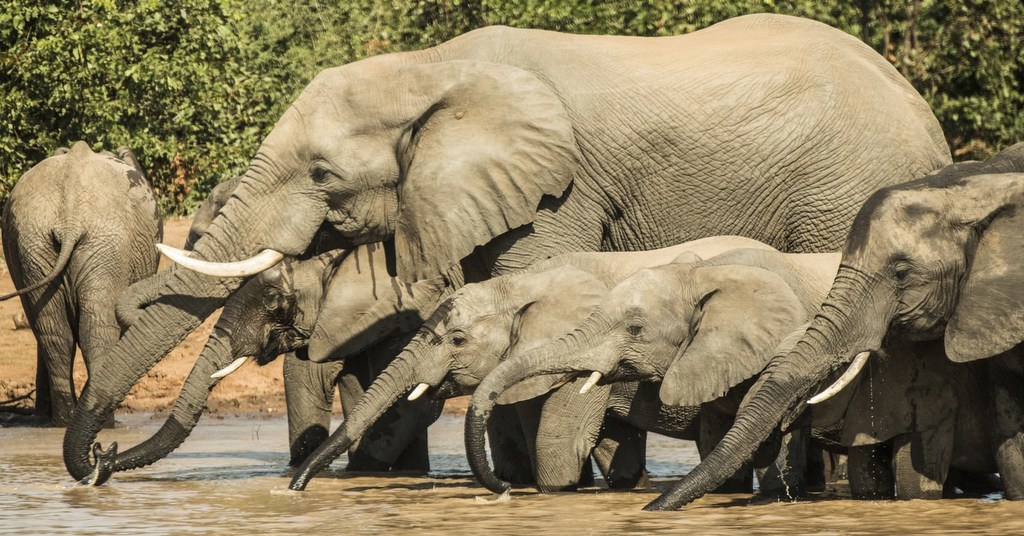
DECODING SCIENCE POST by AG Editorial
A brief report has identified existing problems within Zimbabwe’s conservation industry, caused by bureaucratic incompetence within Zimbabwe Parks and Wildlife Management Authority (ZimParks) and erosion of ethical principles, and resulting in habitat destruction and indiscriminate killing of wildlife. The report suggests that the old ‘fortress’ model of conservation has to adapt to now also include the socio-economic expectations of surrounding communities.
The report notes “ZimParks is expected to generate its own income from both non-consumptive and consumptive activities, such as ecotourism and sport hunting. However, a perennially lean budget, use of obsolete equipment, low morale among the staff, and high staff turnover,” and continues “the situation is continually made direr by fraudulent tendencies, where ZimParks officers, state police and politicians are regularly implicated as accomplices in wildlife poaching syndicates. On the other hand, the techniques used by poachers are dynamic, with recent elephant (Loxodonta africana) poaching tactics involving lacing water sources and salt licks with cyanide poison, which also kills secondary targets such as scavenging vulture species.”
Mention is also made of certain international NGOs that pursue agendas to hoodwink donors and generate ‘lavish lifestyles’ for NGO management, far away from the reality on the ground in Zimbabwe.

The report suggests that the granting of wildlife concessions to NGOs and ecotourism establishments can lead to natural resources being “looted and mortgaged [by] predominantly foreign influences, with unverified management concepts”.
The report stresses the importance of “Active involvement of local communities in mainstream conservation [that] could harness indigenous knowledge systems for effective wildlife conservation”.
The report recommends: “the establishment of Community Share Trusts, funded through levies on local ecotourism, sport hunting and the extractive industries, such as mining. Such devolution could finance compensation schemes and capital development projects such as value addition to non-timber forest products, livestock and crop insurance, and mitigatory initiatives such as the ‘fencing people in, fencing elephants out’ concept.”
Full report: Hlengisizwe Ncube (2019). A call to embrace adaptive management for effective elephant conservation in Zimbabwe. South African Journal of Science. https://doi.org/10.17159/sajs.2019/5413
To comment on this story: Login (or sign up) to our app here - it's a troll-free safe place 🙂.![]()






